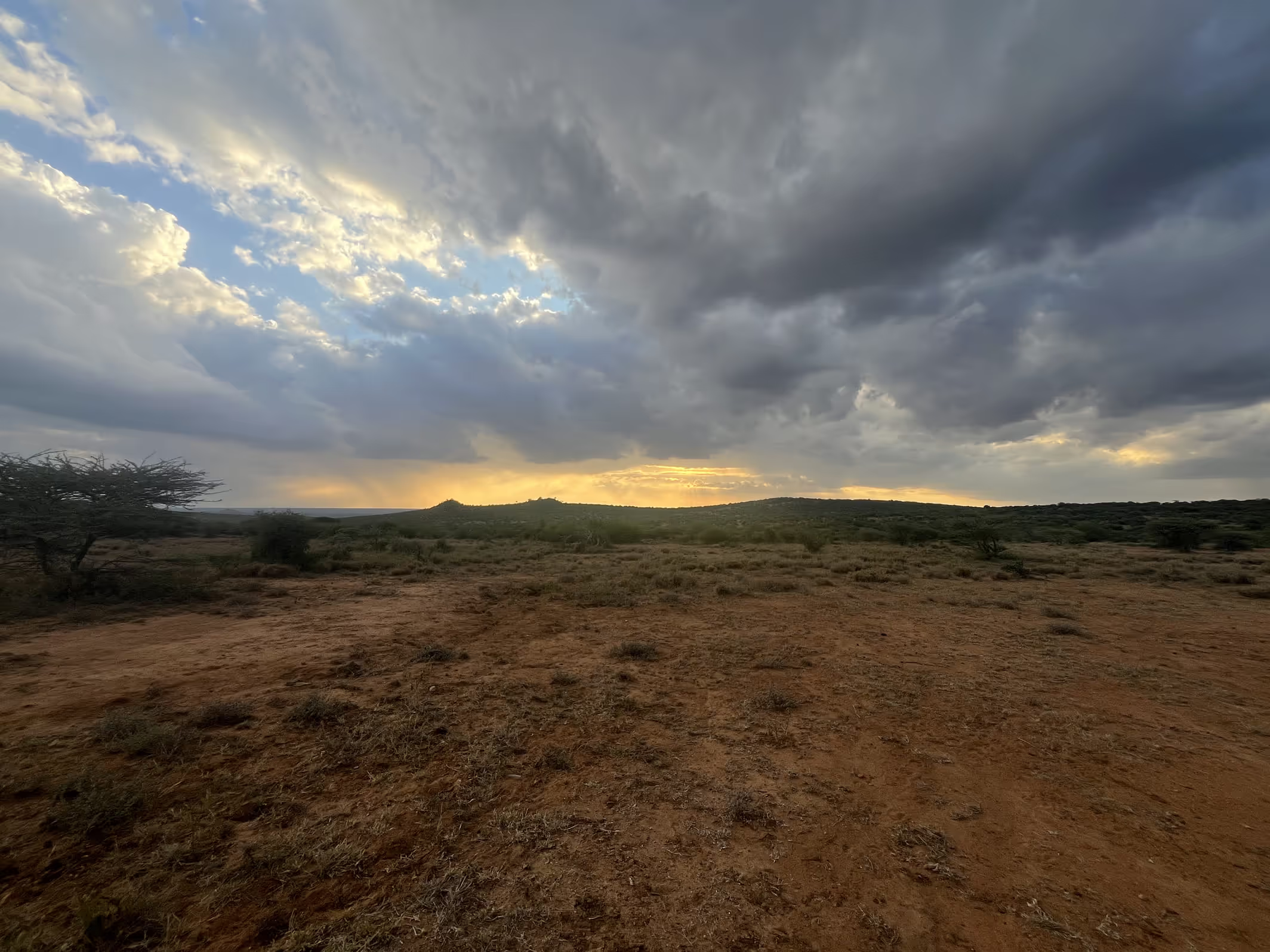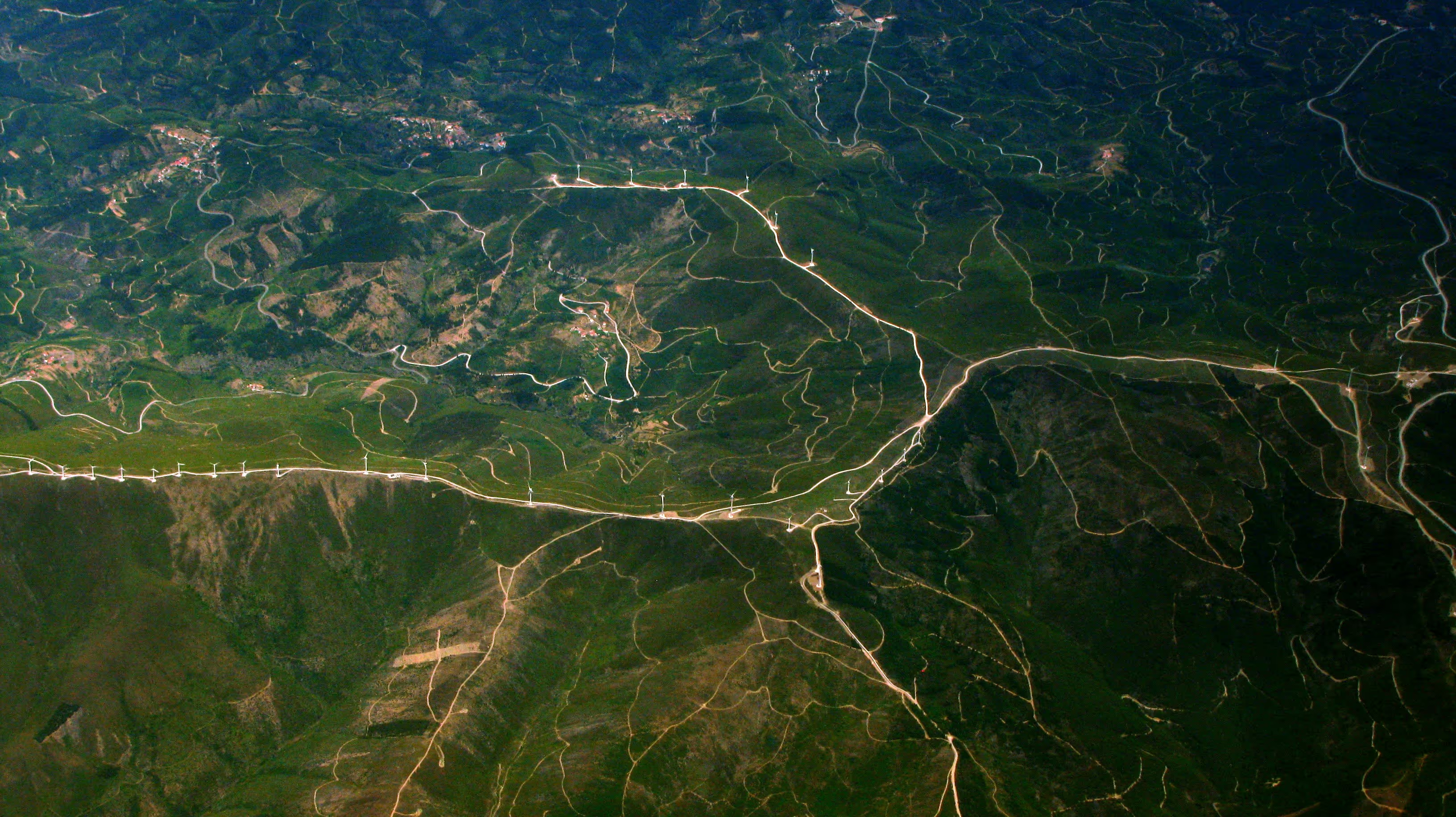Helping a South African producer switch to regenerative practices


Carpe Diem is a leading producer of organic grapes and raisins in South Africa, accounting for a quarter of the country’s supply. Faced with production and customer pressures, the grape grower is shifting towards regenerative practices
2018
Carpe diem introduce regenerative farming
2023
Carpe diem starts working with Landler to track the impact of their practices
2023
Increased water holding capacity by 40%

One of the driving forces behind Carpe Diem’s move to nature positive practices is the need to meet its production targets for the long-term and sustainability expectations from their customers
In addition to the depleting health of its land, Carpe Diem also faced a number of expectations from their customers which could be solved through regenerative practices
New reporting requirements: The Science Based Targets initiative (SBTi), Corporate Sustainability Reporting Directive (CSRD) and EU taxonomy are calling on Carpe Diem’s customers to increase sustainability transparency in their supply chains.
Net zero expectations: Beyond transparency, the SBTi is raising ambitions towards businesses meeting net zero targets.
Consumer demands: In tandem with regulatory pressures, Carpe Diem’s customers are facing calls from consumers to make nature positive decisions.
Procurement risks: Extreme weather and natural resource overuse put Carpe Diem’s customers’ supply at risk.
Our AI-backed monitoring, reporting and verification (MRV) tools gave Carpe Diem a better understanding of the biophysical elements of their land, across carbon, water, soil and biodiversity.

Using satellite and ground data, our tools make it possible for Carpe Diem to predict and prove how nature positive practices will impact the health of its land
Carpe Diem is no stranger to nature positive decision-making. In 2018, the producer started to implement regenerative farming practices including planting cover crops and composting.
Using Landler, Carpe Diem was able to measure the impact of these practices, and found that they had increased water holding capacity by 40%. This kept soil moisture levels above the wilting point of the crop, maintaining production during a drought, when neighbouring farms suffered decreases.

Landler in action
Investments into nature come from a variety of industries and countries all over the world. Business invest to reduce risk, comply with reporting standards and increase stakeholder trust.
Begin your journey today







.avif)




%20(1).avif)